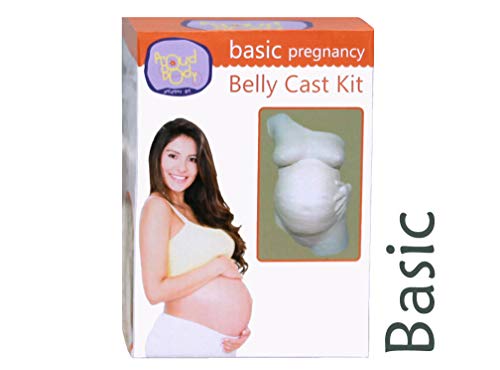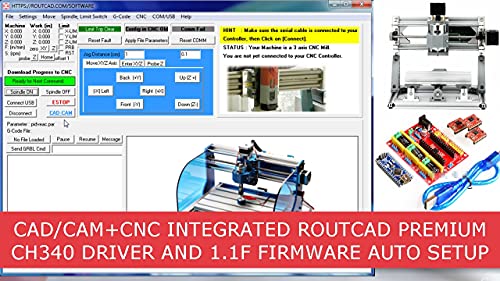I have recently needed to drill small holes (5/16th) in Mild Steel. But I have found that although almost all drill with ease I have recently had a number of holes that just will not allow the drill to penetrate. I think I have totally ruined some 5 or 6 drill bits.
Is the problem poor quality steel or is it just me ?
You need to tell us what you're actually drilling, what you're drilling with, and what kind of holes you're drilling.
"Mild steel" - if it's really mild steel and of any reasonable quality - really won't harden much, almost nomatter what you do to it.
"Mild steel" as found in mystery-metal chunks of various already-existing implements, like bed frames and other structural bits that manufacturers use as parts of their products, can be just about anything, and of wildly varying composition from chunk to chunk, or even from spot to spot on the same piece. As has been mentioned by previous posters, the same problem exists in "Mild steel" from less-reputable reprocessors (gone are the days of quality fresh "new" steel straight from the ore, as was produced by USS/etc back when first-world countries actually made things rather than ordering them from China).
Likewise, what variety of drill bit, and how you're driving it, make a huge difference in the drillability of 5/16ths holes.
With a drill press, and a decent quality HSS bit, you should be able to put tens to hundreds of 5/16ths holes in real mild steel, without coolant, and without drilling a pilot hole. More, if you're drilling blind holes.
Try doing 5/16 thru-holes with a hand-drill in mystery-metal "mild steel", pilot-hole or no, and like as not, you'll hit a hard bit of skin coming out of the far side, wobble the drill motor because of the change in torque, and rip a lip off the bit. Fail to notice that, and your next hole goes to crap.
Try doing any of this with less-than-quality bits, and all bets are off. You may get 200 perfect holes, or you may get 2 decent holes and then for no detectable reason the thing turns into a noodle in the chuck. Buy your bits from Hobo-fright, TSC, or cheap stuff from Amazoon, and you'll be reasonably lucky if all of the drills are actually "sharpened" such that the cutting edge contacts the material before the relief behind it. Surprisingly, if you're ham-handed enough even with those potato-mashers, and you happen to have lucked into one of the hard ones, with a drill-press it will sometimes "drill" for a while by turning the metal underneath it into pudding and pushing it out of the way. Eventually you soften the tip of the bit enough that that stops working too.
So - more information - maybe a photo of the holes you've drilled (front and back), and photos of the damaged drill bits, and then hopefully give you some help that's not just guesses!































































